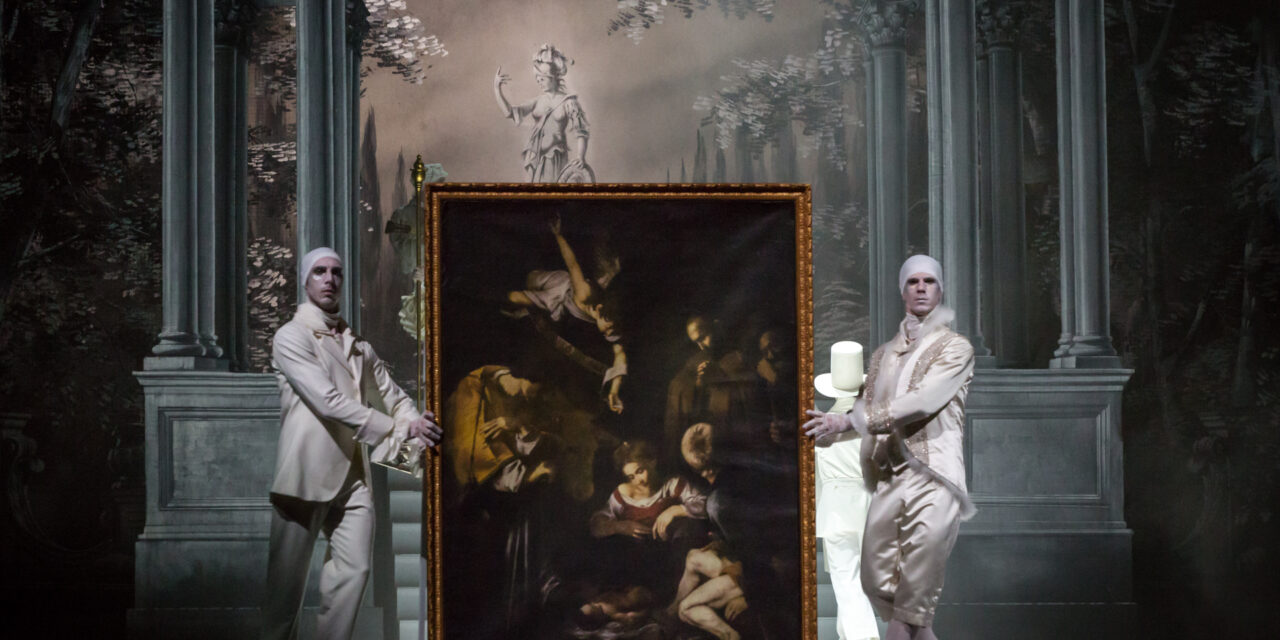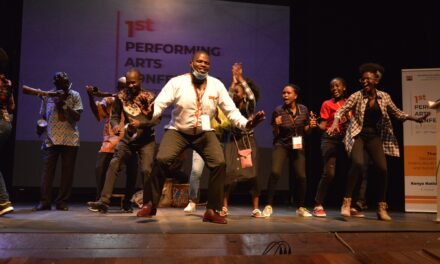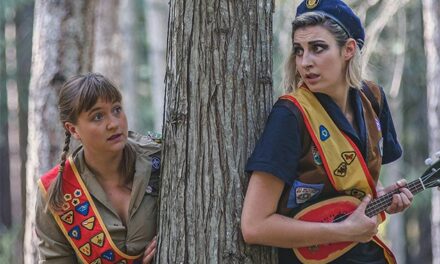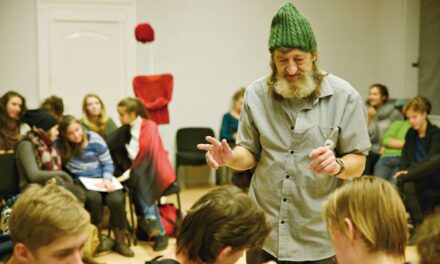The Purisai festival, that takes place in its namesake village, is peppered with therukoothu performances and short-format, modern theatre.
In a well-lit, busy village square, within the premises of a temple, small elevated platforms are being erected. The village’s common ground, surrounded by paddy fields, is undergoing a face-lift as preparations are in full swing. In a couple of days, residents from the village and from other neighboring settlements will assemble in this square for night-long performances.
Purisai, a small village situated approximately 120 kilometers from Chennai in Thiruvannamalai district between Cheyyar and Vandavasi — known as the center for therukoothu — is well on its way to put this edition of the festival on the cultural map of Tamil Nadu. Performances ranging from therukoothu to short-format, modern theatre, along with traditional folk arts will feature in this year’s two-day-long celebrations.
For the past 16 years (save a brief hiatus of three years), Purisai has been witnessing this annual celebration of the arts, pioneered by the late Kannappa Thambiran, who was awarded the Kalaimamani title for his unparalleled contribution to bringing the traditional theatre form of therukoothu on to the global stage. After his passing in 2003, Kannappa Thambiran Therukoothu Manram — a theatre ensemble led by his sons, Kannappa Sambantham and Kannappa Kasi — has been organizing the festival regularly. “Earlier it used to be just a village festival. But, my father wanted to bring the aspect of theatre into it, which is how it all started. And in the memory of Raghava Thambiran, my grandfather, who is said to be the pioneer of therukoothu, he started organizing,” says Kasi, of the inception of the festival. The collective invites around 48 villages surrounding Purisai to this festival. On show days, bus routes run through nights and early mornings across villages, bringing in spectators.
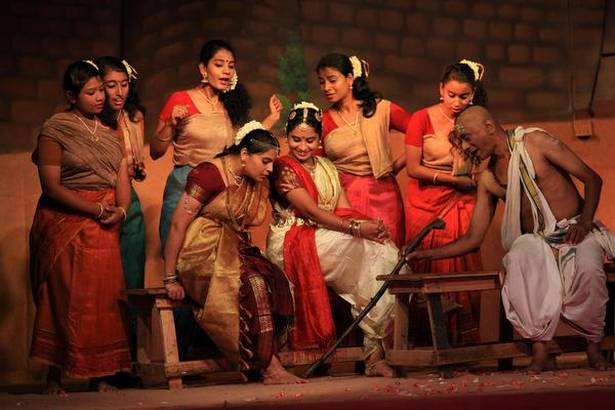
Purisai Festival.
“Most often we hear of these productions being played in cities like Chennai, which might not be accessible to many from this village. We cannot always travel all the way to see the shows. It is important that this kind of exposure happens — in the earlier editions, we brought even Hindi plays and plays from Sri Lanka,” continues Kasi adding that it is only with the help of theatre enthusiasts across the village and otherwise, that they have been able to put up this festival.
But why do they have performances overnight? This decision arose from a very practical point of view. “Usually, in villages, everyone would be working from the morning till night. And any festival for that matter usually happens at night and in our common ground. And therukoothu also is performed overnight — in fact, epics like The Mahabharata, amount to 10 nights of performance,” says Kasi. This year, the festival’s focus is on children’s theatre. As a step in this direction, the festival will feature a play performed by Government school students of Purisai who have been attending workshops by Kathai Solli Satish for the past 10 days. Another production titled Bommai Muga Singangal, will also be put up by students.
Purisai festival will be held on October 5 and 6 at Purisai village. For more details, call 9600038820.
This article was originally published on https://www.thehindu.com/ on October 3, 2019. Written by Gowri S. Reposted with permission. Read the original article.
This post was written by the author in their personal capacity.The opinions expressed in this article are the author’s own and do not reflect the view of The Theatre Times, their staff or collaborators.
This post was written by Gowri S.
The views expressed here belong to the author and do not necessarily reflect our views and opinions.

